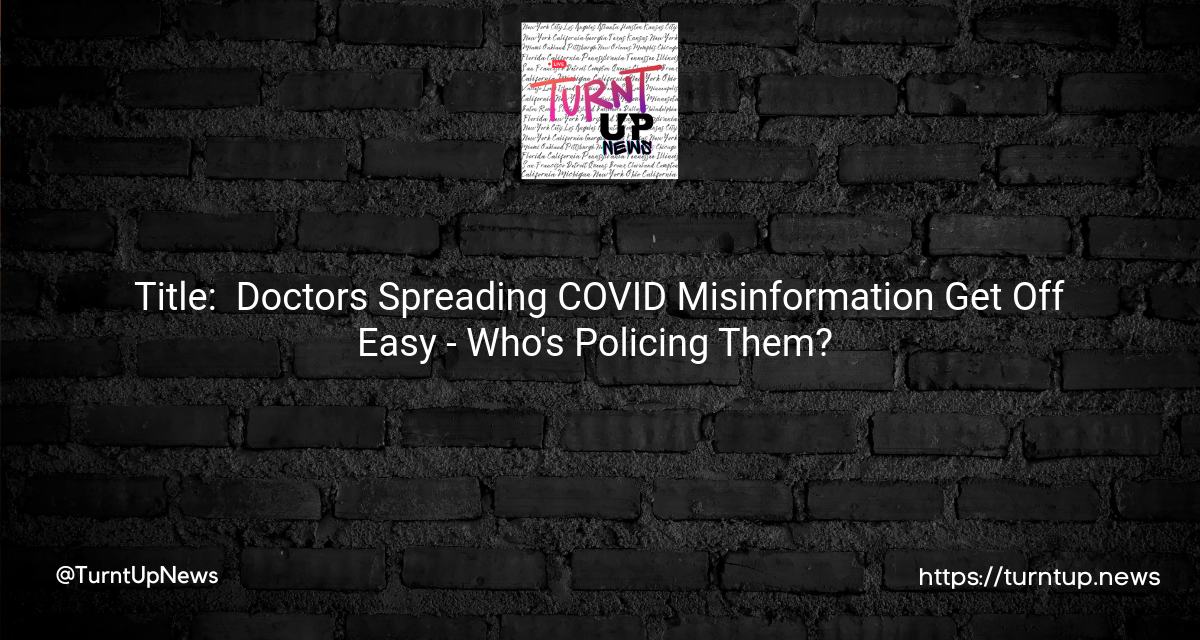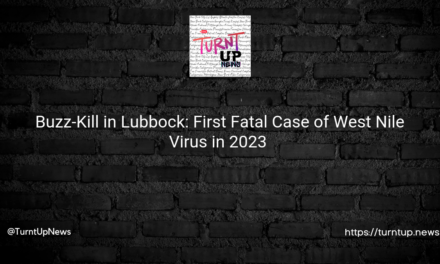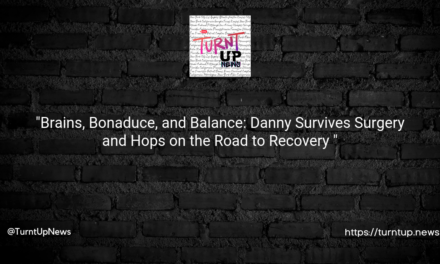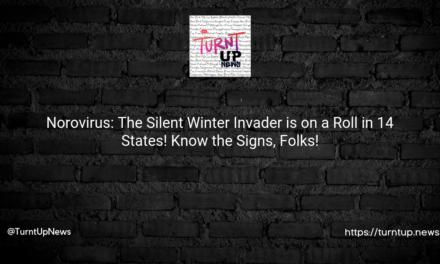📰 🚨 Doctors Spreading COVID Misinformation Get Off Easy – Who’s Policing Them? 🤷♂️
TL;DR:
Over 480 complaints related to COVID misinformation have flooded medical boards, but it seems like doctors spreading false claims rarely face punishment. A Washington Post investigation uncovered that only around 20 doctors have been penalized for their actions. With the explosion of misinformation during the pandemic, can the medical industry’s self-policing system be trusted to protect public health and restore trust in doctors? 😕
In a year where COVID-19 wreaked havoc worldwide, misinformation became as rampant as ever. Medical boards, the agencies responsible for overseeing physicians, were overwhelmed with complaints about doctors disseminating COVID-related falsehoods. However, a shocking Washington Post investigation reveals that only a small fraction of these doctors faced any repercussions.
State medical boards, predominantly composed of doctors themselves, are tasked with investigating complaints and disciplining physicians who endanger public health. Still, they seem to be struggling to keep up with the workload, primarily due to the sheer number of licensed physicians in the United States.
This fragmented monitoring system has allowed misinformation to spread like wildfire, leaving people questioning the credibility of doctors and the system itself. Critics argue that self-policing in the medical profession can lead to a dangerous erosion of trust. When doctors who are meant to be trusted figures spread misinformation, it not only endangers public health but also shakes the foundation of the doctor-patient relationship.
While at least 20 doctors have faced consequences, no central organization tracks the full scope of the problem. At least 12 doctors are currently under investigation for spreading misinformation, but the legal process is costly, lengthy, and often shrouded in opacity.
Some of the doctors being accused of spreading misinformation claim they were following alternative treatment guidelines recommended by certain organizations. However, these guidelines have been discredited by major medical societies and government agencies, making their actions highly questionable.
So, the million-dollar question remains: Can the medical industry’s self-policing system be trusted, especially when doctors’ First Amendment rights and medical judgment are at play? Are state boards doing enough to protect the public from dangerous misinformation, or do we need a more robust system of oversight and accountability?
In the midst of the COVID pandemic, misinformation has cost lives. How can we ensure that doctors prioritize evidence-based medicine over personal beliefs? Are there better ways to strike a balance between protecting free speech and preventing the spread of harmful falsehoods?
Let’s dive into this critical debate and see what the future holds for the medical profession’s responsibility in the age of information. 💭🤔
🔗 Read more: [Link to the Washington Post article – Failed to Load News]
(Disclaimer: The content provided in this article is for informational purposes only and does not constitute professional advice. Consult licensed healthcare professionals and trusted sources for accurate medical information.)





